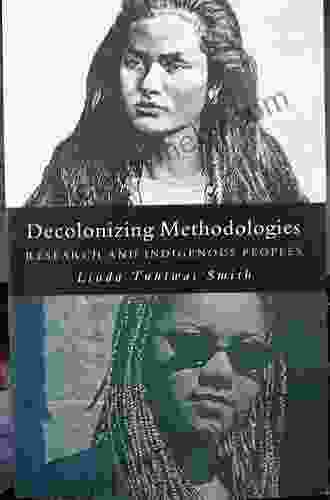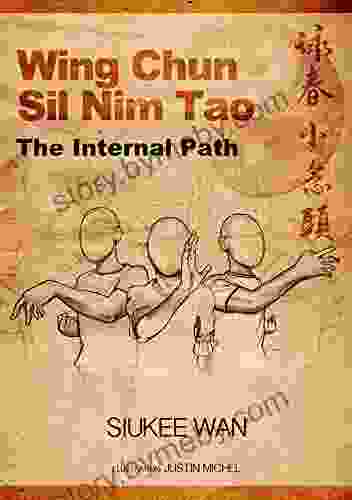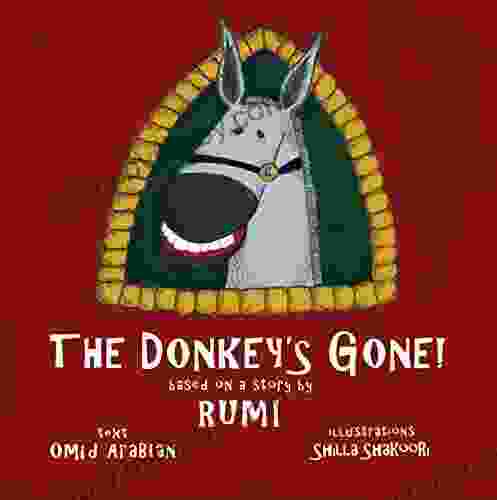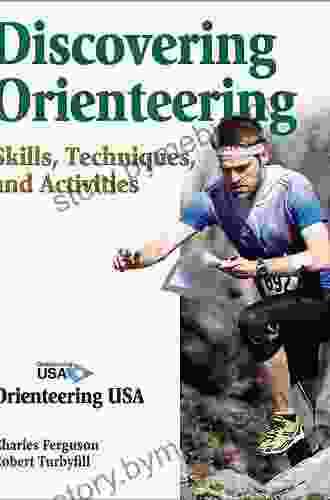Decolonizing Methodologies: Uncovering the Truths and Empowering Indigenous Voices

In the realm of academia, where knowledge creation and dissemination have long been dominated by Western perspectives, the movement for decolonization has emerged as a powerful force. "Decolonizing Methodologies: Research and Indigenous Peoples" by Linda Tuhiwai Smith stands as a seminal work in this field, offering an insightful and transformative approach to research that centers the voices and experiences of Indigenous peoples.
For centuries, colonial powers have employed research as a tool for subjugation and exploitation of Indigenous populations. Through scientific studies, anthropologists, and historians have sought to classify, categorize, and control Indigenous peoples, often with devastating consequences.
Smith argues that this legacy of colonialism has profoundly shaped research methodologies, leading to approaches that prioritize objectivity, universality, and generalization over the specific experiences and perspectives of Indigenous communities. This colonial gaze has silenced and marginalized Indigenous voices, perpetuating historical power imbalances.
4.7 out of 5
| Language | : | English |
| File size | : | 2201 KB |
| Text-to-Speech | : | Enabled |
| Screen Reader | : | Supported |
| Enhanced typesetting | : | Enabled |
| Word Wise | : | Enabled |
| Print length | : | 376 pages |
In response to this historical context, Smith proposes a decolonizing framework for research that aims to challenge and dismantle colonial power structures. This framework emphasizes:
- Indigenous Research Paradigms: Respecting and incorporating Indigenous knowledge systems and ways of knowing into research design and analysis.
- Participatory and Collaborative Approaches: Engaging with Indigenous communities as equal partners in the research process, ensuring their active participation and control over the research agenda.
- Reflexivity and Positionality: Acknowledging and examining the researcher's own positionality and potential biases, to avoid perpetuating colonial perspectives.
- Contextualization: Understanding the research within its historical and cultural context, acknowledging the specific experiences and perspectives of the Indigenous community being studied.
- Empowerment and Capacity Building: Using research to empower Indigenous communities, building their capacity for self-determination and self-representation.
Decolonizing methodologies go beyond mere academic exercises; they have real-world implications for Indigenous peoples. By centering Indigenous voices and perspectives, research can become a transformative tool for:
- Reclaiming Indigenous Histories: Decolonizing research empowers Indigenous communities to recover and reinterpret their own histories, challenging dominant narratives and reclaiming cultural identity.
- Addressing Contemporary Issues: Research can support Indigenous communities in addressing pressing issues such as land rights, health disparities, and economic development, providing evidence-based solutions driven by their own experiences.
- Political Advocacy: Decolonized research can provide a powerful platform for Indigenous peoples to advocate for their rights and interests, challenging colonial policies and structures.
- Cultural Revitalization: By valuing Indigenous knowledge systems and traditions, research can contribute to the revitalization of Indigenous languages, cultures, and practices.
"Decolonizing Methodologies" provides numerous examples of groundbreaking research that exemplifies the principles of decolonization:
- Collaborative Research with the Maori: Researchers worked alongside Maori communities to develop culturally appropriate research methods that respected Maori customs and values.
- Indigenous-Led Research on Education: Indigenous scholars conducted research on their own education experiences, challenging Eurocentric educational models and advocating for culturally responsive practices.
- Participatory Health Research: Researchers engaged with Indigenous communities to design and implement health programs that integrated traditional knowledge and addressed specific community needs.
- Indigenous Filmmaking and Visual Research: Indigenous filmmakers and visual artists used their mediums to document and share Indigenous perspectives, countering dominant media narratives.
"Decolonizing Methodologies: Research and Indigenous Peoples" by Linda Tuhiwai Smith is a must-read for anyone committed to ethical, socially just, and transformative research practices. It calls for a radical shift in our approach to knowledge creation and dissemination, one that centers the voices and experiences of Indigenous peoples.
By embracing the principles of decolonization, researchers can contribute to a more just and equitable society, where the truths of Indigenous peoples are acknowledged, valued, and used to empower their communities.
Call to Action:
Join the movement for decolonization in research! Let "Decolonizing Methodologies" inspire you to challenge colonial power structures, embrace Indigenous knowledge, and become an ally in the pursuit of truth and justice.
4.7 out of 5
| Language | : | English |
| File size | : | 2201 KB |
| Text-to-Speech | : | Enabled |
| Screen Reader | : | Supported |
| Enhanced typesetting | : | Enabled |
| Word Wise | : | Enabled |
| Print length | : | 376 pages |
Do you want to contribute by writing guest posts on this blog?
Please contact us and send us a resume of previous articles that you have written.
 Book
Book Novel
Novel Page
Page Chapter
Chapter Text
Text Story
Story Genre
Genre Reader
Reader Library
Library Paperback
Paperback E-book
E-book Magazine
Magazine Newspaper
Newspaper Paragraph
Paragraph Sentence
Sentence Bookmark
Bookmark Shelf
Shelf Glossary
Glossary Bibliography
Bibliography Foreword
Foreword Preface
Preface Synopsis
Synopsis Annotation
Annotation Footnote
Footnote Manuscript
Manuscript Scroll
Scroll Codex
Codex Tome
Tome Bestseller
Bestseller Classics
Classics Library card
Library card Narrative
Narrative Biography
Biography Autobiography
Autobiography Memoir
Memoir Reference
Reference Encyclopedia
Encyclopedia Lily Murray
Lily Murray Kristin Nicholas
Kristin Nicholas Leslie Bulion
Leslie Bulion Timothy F Geithner
Timothy F Geithner Sam Fels
Sam Fels Lesley Anne Robinson
Lesley Anne Robinson Zola Levitt
Zola Levitt Lily Siou
Lily Siou Seymour Diamond
Seymour Diamond Laura Fenton
Laura Fenton Siddhartha Gigoo
Siddhartha Gigoo Lawrence Graham
Lawrence Graham Laura Portwood Stacer
Laura Portwood Stacer T D Lake
T D Lake Tamara Rhoades Baldwin
Tamara Rhoades Baldwin Mike Davis
Mike Davis Surendranath Dasgupta
Surendranath Dasgupta Tracey L Moore
Tracey L Moore Lindsay Peoples Wagner
Lindsay Peoples Wagner William H Greene
William H Greene
Light bulbAdvertise smarter! Our strategic ad space ensures maximum exposure. Reserve your spot today!
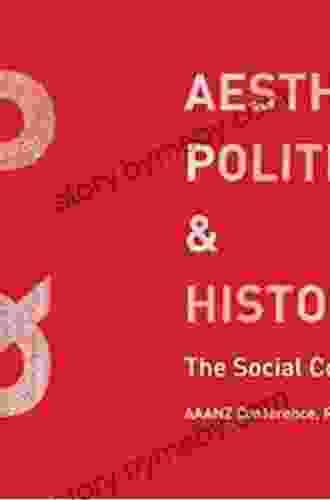
 Ryūnosuke AkutagawaBeyond Immersive Theatre: Aesthetics, Politics, and Productive Participation
Ryūnosuke AkutagawaBeyond Immersive Theatre: Aesthetics, Politics, and Productive Participation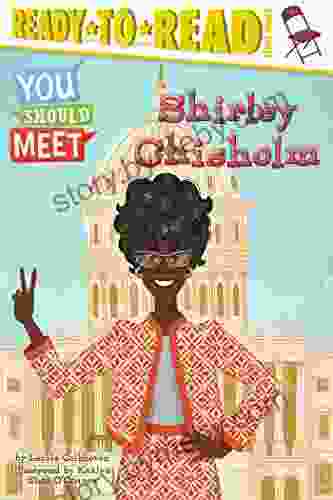
 Charles DickensReady to Read: Level You Should Meet - Empowering Young Readers on Their...
Charles DickensReady to Read: Level You Should Meet - Empowering Young Readers on Their... Rubén DaríoFollow ·14.6k
Rubén DaríoFollow ·14.6k Duncan CoxFollow ·18.7k
Duncan CoxFollow ·18.7k Carl WalkerFollow ·8.4k
Carl WalkerFollow ·8.4k Hayden MitchellFollow ·3k
Hayden MitchellFollow ·3k Dennis HayesFollow ·14k
Dennis HayesFollow ·14k H.G. WellsFollow ·14.4k
H.G. WellsFollow ·14.4k Bob CooperFollow ·17.9k
Bob CooperFollow ·17.9k Patrick RothfussFollow ·19.2k
Patrick RothfussFollow ·19.2k
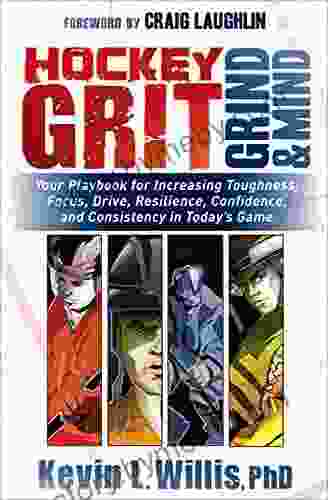
 Forrest Reed
Forrest ReedHockey Grit, Grind, Mind: The Ultimate Guide to Mental...
Hockey is a tough...
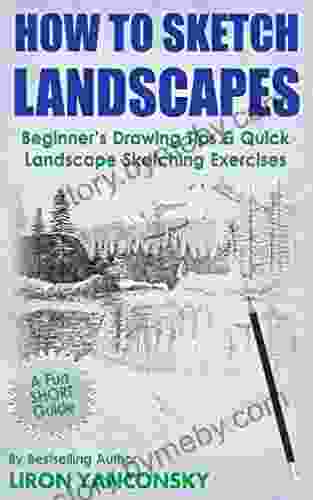
 Juan Rulfo
Juan RulfoUnlock Your Inner Artist: Embark on a Sketching Journey...
Embrace the Beauty of Nature Through Quick...

 Nathaniel Hawthorne
Nathaniel HawthorneSo You Think You're a Philadelphia Phillies Fan?
The Philadelphia Phillies are one of the most...
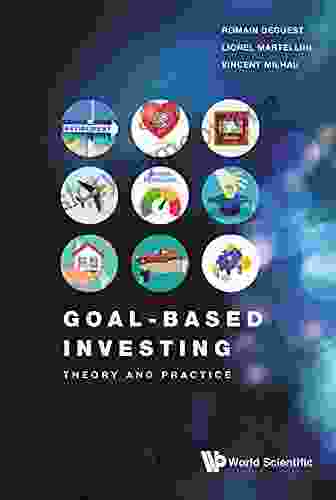
 Jeff Foster
Jeff FosterGoal-Based Investing: A Comprehensive Guide to Achieving...
Investing is not...
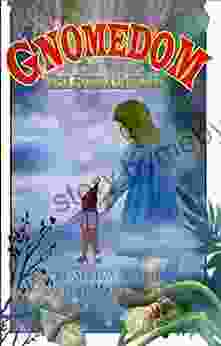
 Aleksandr Pushkin
Aleksandr PushkinGNOMEDOM: The Future Unfolds (Gnomedom Tales 1)
Escape into the enchanting world of Gnomedom...
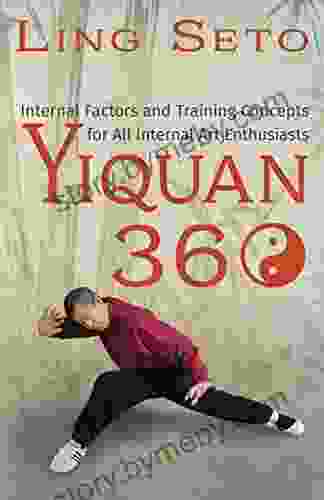
 Branden Simmons
Branden SimmonsInternal Factors And Training Concepts For All Internal...
Internal arts, such as Tai...
4.7 out of 5
| Language | : | English |
| File size | : | 2201 KB |
| Text-to-Speech | : | Enabled |
| Screen Reader | : | Supported |
| Enhanced typesetting | : | Enabled |
| Word Wise | : | Enabled |
| Print length | : | 376 pages |


